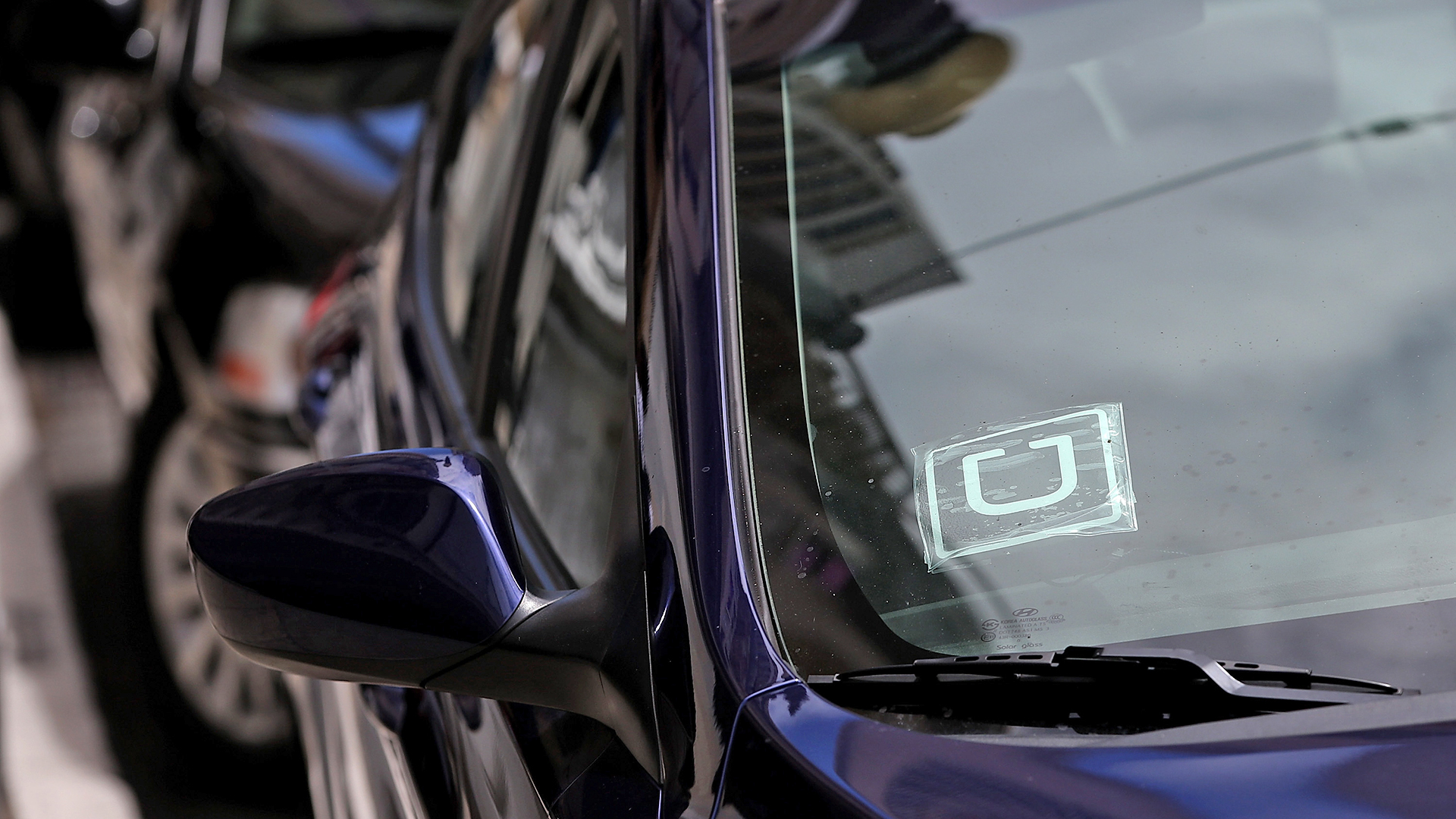

Uber has settled a lawsuit from drivers in California and Massachusetts who wanted the ride-hailing company to recognize them as employees, rather than freelance contractors. Uber agreed to pay the drivers $20 million, but without changing their status, reports The New York Times. The settlement takes some heat off of Uber as the company heads toward an initial public offering (IPO).
As part of the settlement, Uber said it will also change the way it removes drivers from its ride-hailing service. It posted a new policy aimed at making the rules more transparent and said it would institute an appeals process, as well as classes to teach drivers how to provide better rides.
Uber has faced criticism over its policy of treating drivers as freelancers instead of employees. That allows Uber to avoid paying benefits, which saves the company money (although Uber still failed to turn a profit in 2018). Uber has said the model is better for drivers, claiming the majority of drivers work only occasionally as a side gig. But for drivers who do rely on Uber for a significant portion of their income, it can be a burden.
An Uber spokesperson told the New York Times that the company was satisfied with the settlement, adding that Uber will “continue working hard to improve the quality, security, and dignity of independent work.” An attorney for the drivers called the settlement “substantial,” saying it will give plaintiffs approximately 37 cents for each mile they have driven for Uber.
The lawsuit was filed in 2013. Uber proposed a settlement in 2016, offering drivers $84 million with an additional payment of up to $16 million due after the IPO. That settlement was thrown out by a federal judge, who said it was unfair to drivers.
Uber and other ride-hailing companies have faced multiple lawsuits from drivers, but have mostly weathered the legal challenges. That being said, the companies will likely face more scrutiny from regulators in the future. New York City has passed a law mandating a minimum wage for ride-hailing drivers and a one-year cap on ride-hailing vehicles. Uber is fighting the latter.